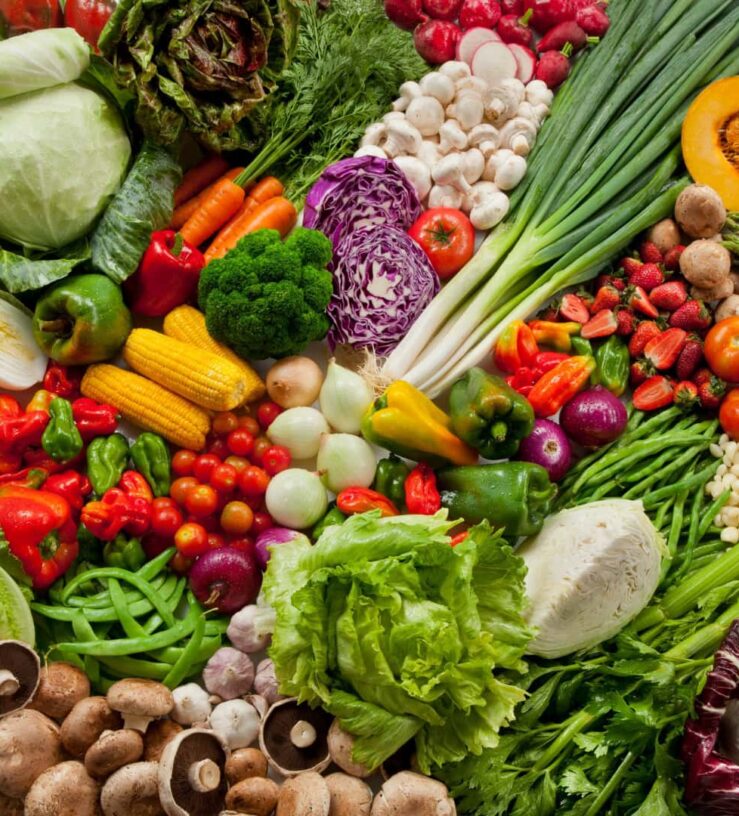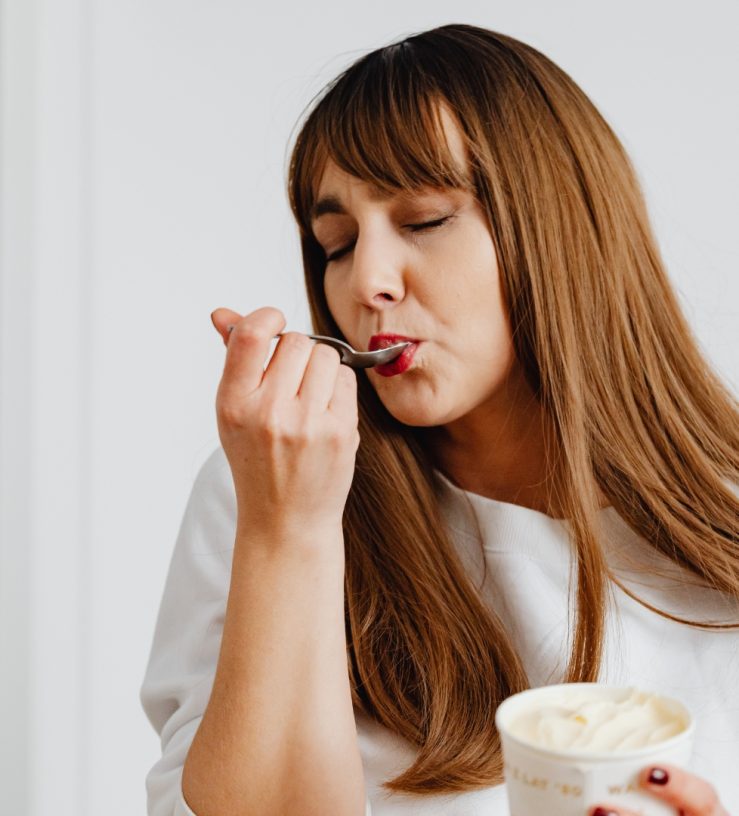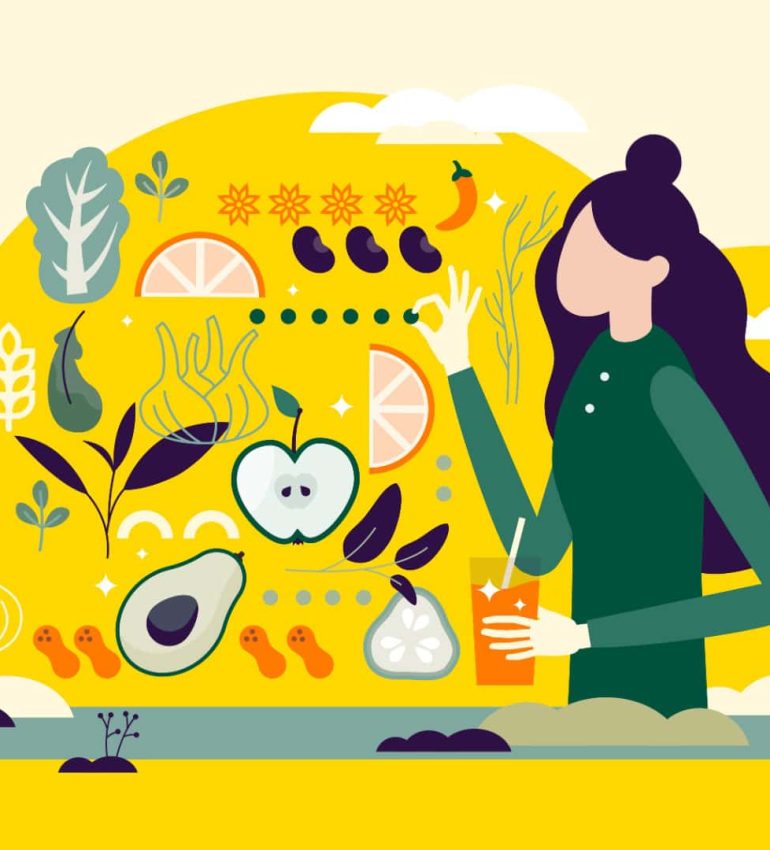The festive season is all about food, fun and celebration. Yet it’s also when guilt, anxiety and that uneasy sense of losing control around food can start to sneak in. Whether it’s a second helping at Sunday lunch or a mince pie at the office, many people feel torn between enjoying the moment and worrying about undoing their progress — whether that’s weight, hormone or gut health related.
And it’s more common than you think. Around 80% of people we see at The Gut Health Clinic, across a range of health concerns, have a complicated or anxious relationship with food.
But here’s the thing: your body doesn’t judge your choices. It responds to patterns over time, not single meals. Research shows that fear-based restriction and “off-limits” foods can actually backfire, reducing microbial diversity, increasing cravings and even worsening gut symptoms.
This season is your chance to rethink what a healthy relationship with food really means — one that nourishes your microbes, supports your mood and lets you enjoy every bite, guilt-free.
In this article, we’ll explore why food fears can do more harm than good, how your mindset directly influences your gut, and share practical, evidence-based strategies to help you rebuild trust with food so you can enjoy the festive season feeling calm, confident and in control.








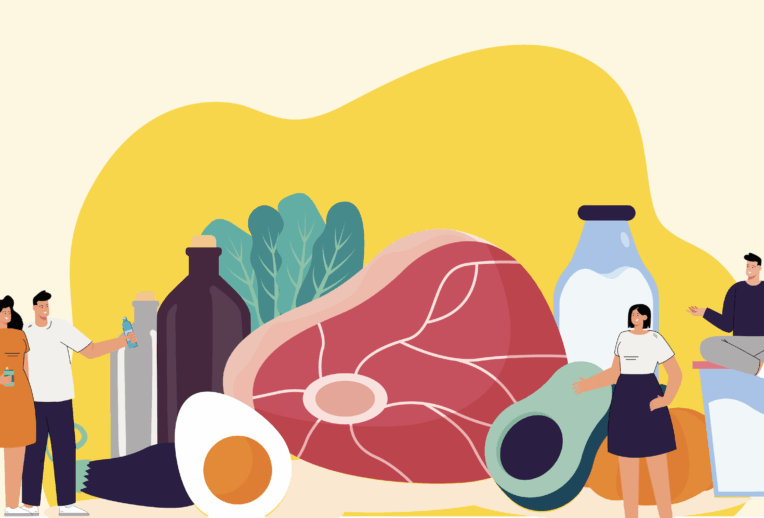
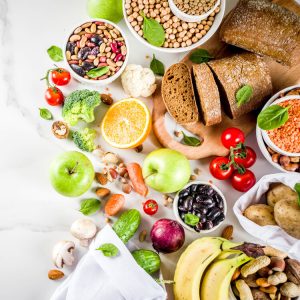 1. Cutting carbs isn’t the answer.
1. Cutting carbs isn’t the answer. 2. Restriction ≠ control.
2. Restriction ≠ control. 3. “Safe” foods aren’t safer.
3. “Safe” foods aren’t safer.
